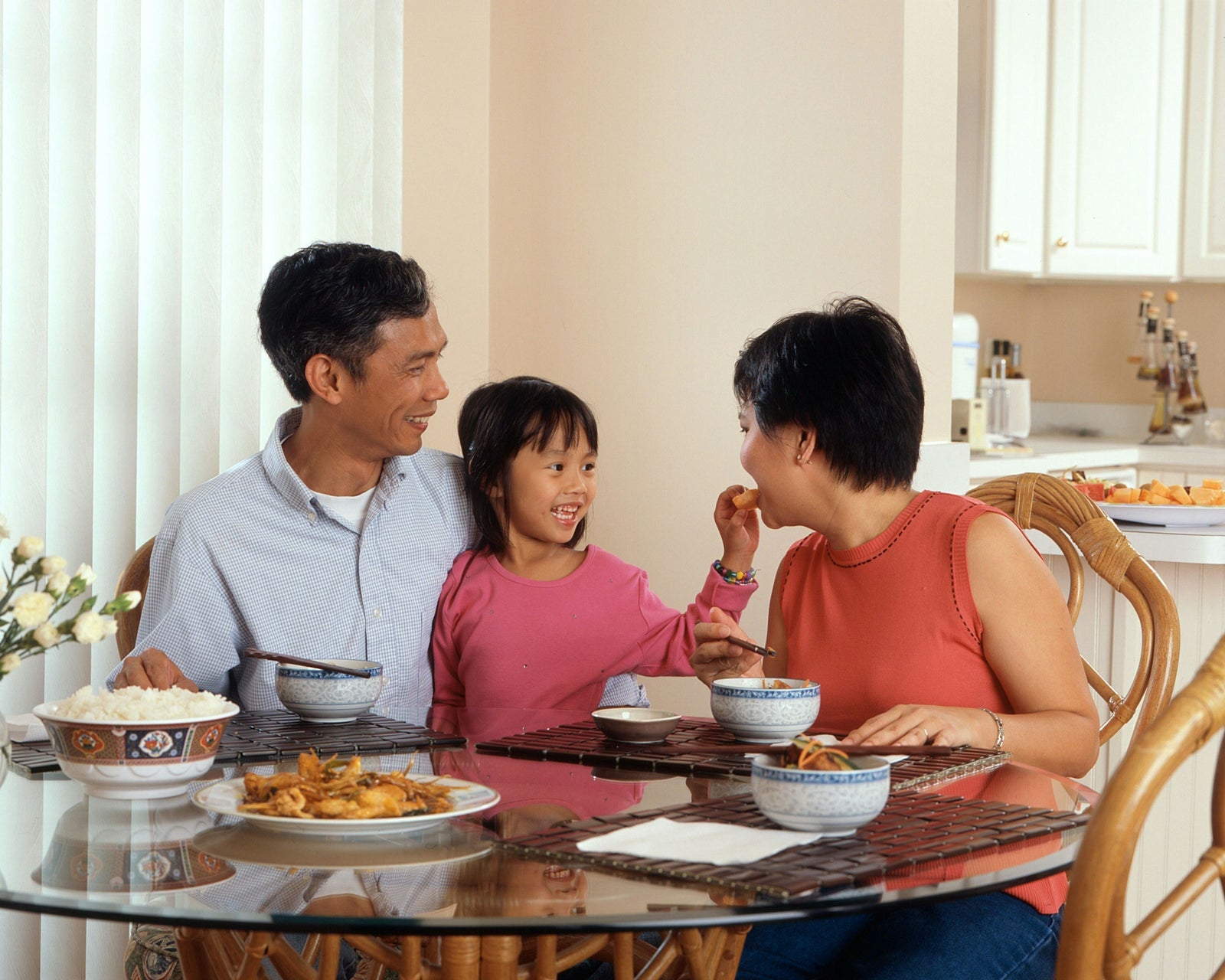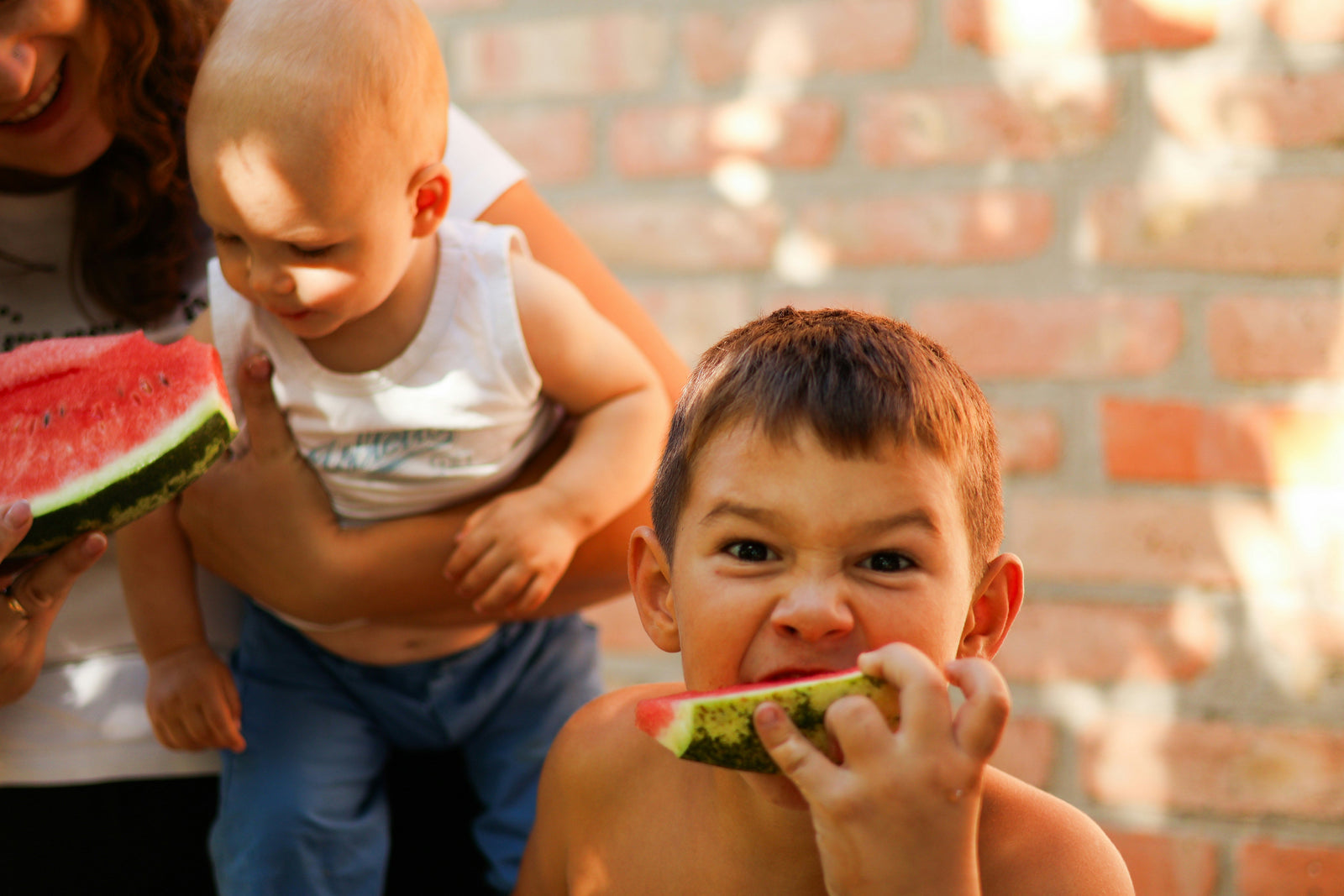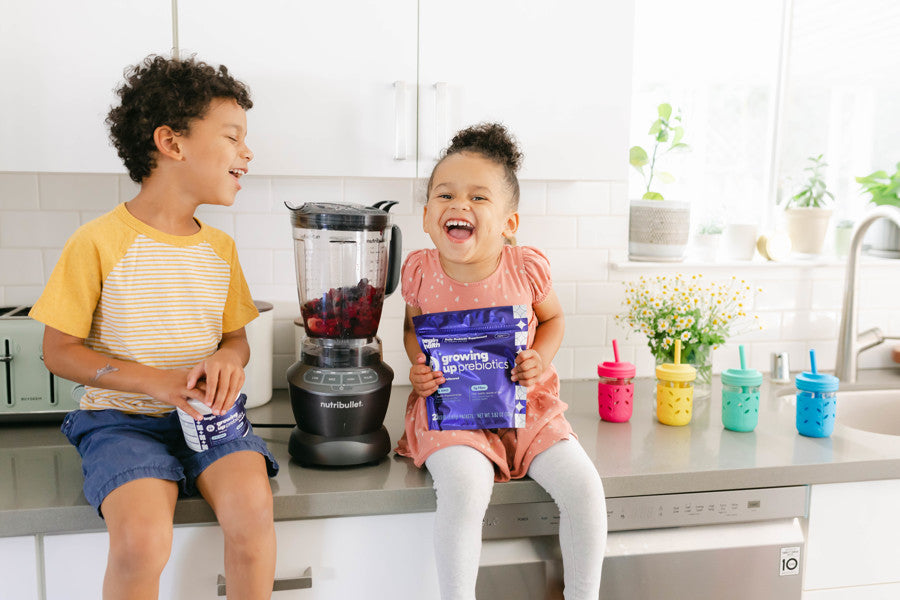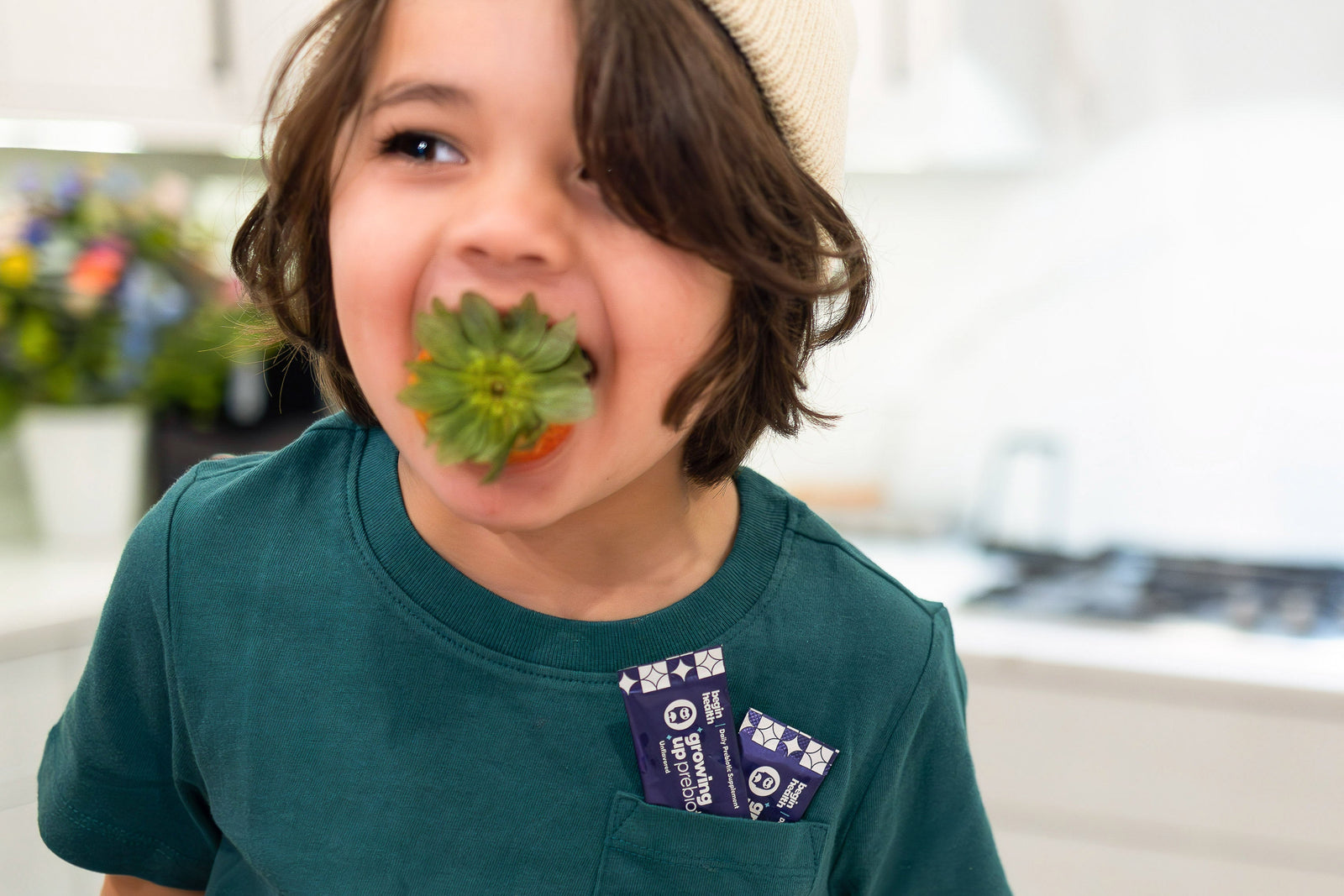Your Cart is Empty
Continue shoppingTop Side Effects of Laxatives in Kids
Medically Reviewed by May Zhu, RDN | Published May 23, 2024
share this article

Laxatives are commonly used to relieve constipation in kids, but like any medication, they can have side effects. Understanding these potential adverse effects is essential for parents to make informed decisions about their little ones' healthcare.
Diarrhea
One of the most common side effects of laxative use in kids is diarrhea. Laxatives work by increasing the frequency and intensity of bowel movements, which can sometimes lead to loose or watery stools. A study published in theJournal of Pediatric Gastroenterology and Nutrition found that up to 20% of kids experienced diarrhea as a side effect of laxative therapy [1].
Daily reads to help your little ones lead happier and healthier lives.
Buy Now
Join the
Happy Gut Club
Abdominal Cramps
Abdominal cramps or stomach pain are another common side effect of laxative use in kids. These cramps can range from mild discomfort to severe pain and may be accompanied by bloating or gas. Research in theJournal of Pediatric Nursing suggests that abdominal cramps occur in approximately 15% of kids using laxatives [2].
Begin Health Expert Tip
Prebiotics are often used to help kiddos rebuild their gut microbiome after laxative use. Learn more about the key differences between Prebiotics vs. Laxatives and how to choose the right option for your kiddo.
Electrolyte Imbalance
Some laxatives, particularly those that draw water into the intestines, can disrupt the balance of electrolytes in the body. Electrolytes are essential minerals like sodium, potassium, and magnesium that help regulate various bodily functions. A study inPediatrics reported that electrolyte imbalances occurred in around 10% of kids using laxatives, leading to symptoms like muscle weakness, fatigue, and irregular heartbeat [3].
Dehydration
Dehydration is a potential side effect of laxative use, particularly when diarrhea is severe or prolonged. Excessive fluid loss through diarrhea can lead to dehydration, which can be dangerous, especially in young kiddos. According to research from theJournal of Pediatric Health Care, dehydration occurs in approximately 5% of kids using laxatives, necessitating medical intervention in severe cases [4].
Dependence
Long-term use of laxatives in kids can sometimes lead to dependence, where the bowel becomes reliant on laxatives to produce a bowel movement. This can result in worsening constipation when the laxatives are stopped. A study inJAMA Pediatrics found that dependence on laxatives developed in around 8% of kids who used them regularly for constipation management [5].
Summary
While laxatives can be effective for relieving constipation in kids, they come with potential side effects such as diarrhea, abdominal cramps, electrolyte imbalance, dehydration, and dependence. It's essential for parents to discuss the risks of laxatives with their healthcare provider and to monitor their little ones closely for any adverse reactions.

Author
May Zhu, RDN
Trending

How to Transition Kids Off Stool Softeners Safely
read now
How to Know If Your Kid Needs a Stool Softener (or Something Else)
read now
Why Parents Are Choosing Prebiotics Over Stool Softeners for Kids
read now






